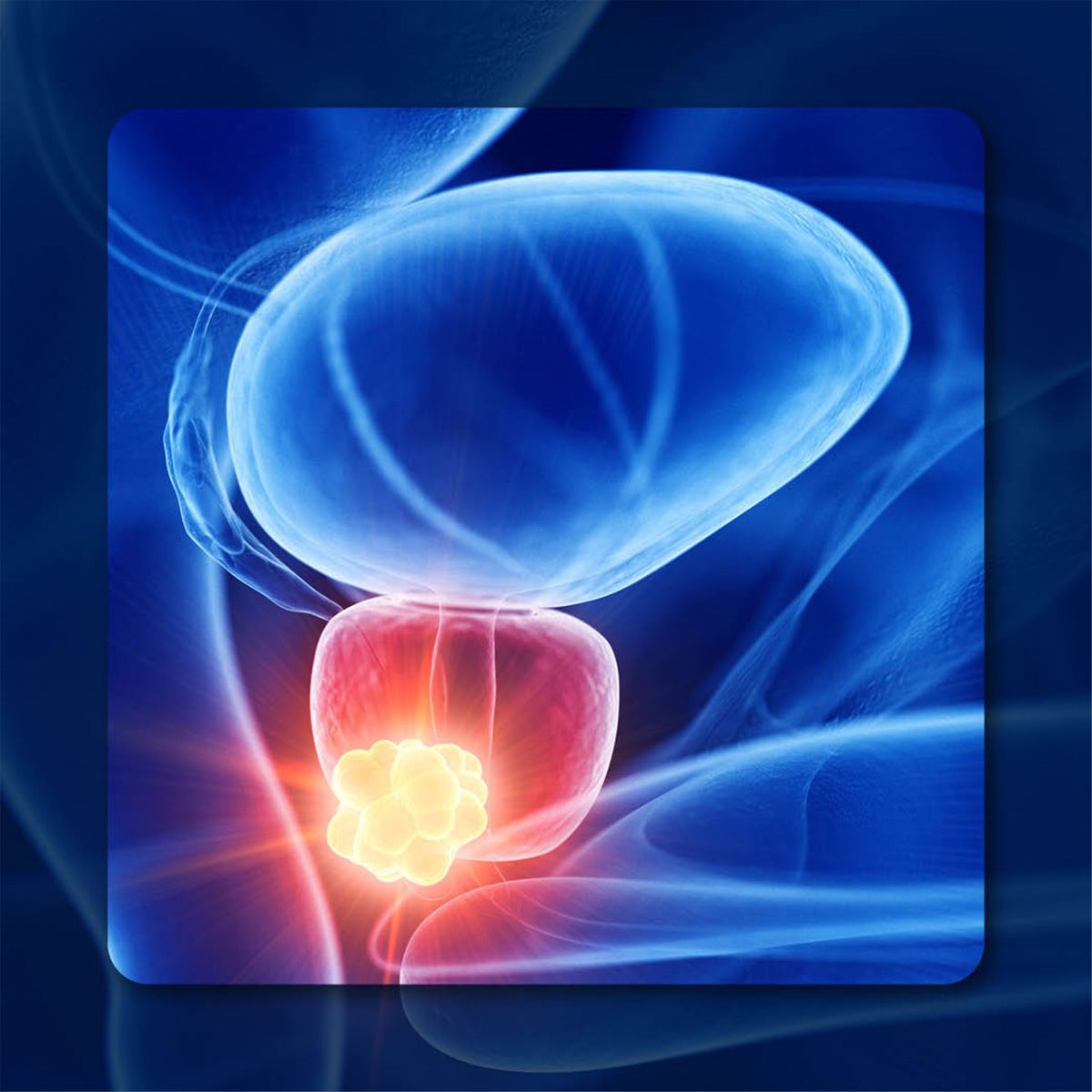Commentary
Video
Dr Pusztai on Molecular Residual Disease Monitoring in Early Breast Cancer
Author(s):
Lajos Pusztai, MD, DPhil, discusses the progress and challenges in monitoring molecular residual disease in early breast cancer.
Lajos Pusztai, MD, DPhil, professor of medicine, Yale School of Medicine, scientific co-director, Breast Center, co-director, Cancer Center Genomics, Genetics, and Epigenetics Program, Yale Cancer Center, and chair, Breast Cancer Research Committee of the South West Oncology Group, discusses the progress and challenges in monitoring molecular residual disease (MRD) in early breast cancer.
Pusztai emphasizes that the use of liquid biopsy technology represents a potentially paradigm-shifting advancement in the monitoring of MRD. This technology is rapidly evolving, including one such approach involving tumor-informed monitoring for recurrence, which utilizes genetic sequencing of targetable abnormalities, he says.
Additionally, Pusztai notes the use of genome-wide DNA methylation profiling, a next-generation liquid biopsy technology. This profiling aids in identifying MRD and provides insights into therapy sensitivity and tissue of origin, he says. Pusztai explains that this type of comprehensive genomic information has the potential to significantly enhance personalized treatment strategies for patients with early breast cancer.
Pusztai points to the phase 2 DARE trial (NCT04567420) as the only study that has provided data on the efficacy of circulating tumor DNA (ctDNA) surveillance in patients with stage II to III estrogen receptor-positive, HER2-negative breast cancer. With a median screening period of 13.4 months, the detection rates were 3.3% at the assay level and 8.9% at the patient level. Serial screening increases detection rates, as 27% of positive ctDNA tests occurred after an initial negative result. Notably, 71% of ctDNA-positive patients had true molecular relapse without metastatic disease detectable on imaging.
Pusztai acknowledges several challenges in the implementation of MRD monitoring into clinical practice. A primary challenge is the need for continued evaluation through the implementation of new clinical trials. He highlights the importance of continued research within this space, emphasizing that clinical trials will ultimately help establish standardized protocols and validate the clinical utility of MRD monitoring in early breast cancer.
Although significant progress has been made in MRD monitoring through liquid biopsy assays, there is still more to be done, he says. Challenges still need to be addressed to fully integrate these technologies into clinical practice, and the ongoing evolution of liquid biopsy technology holds promise for enhancing personalized treatment and improving outcomes for patients with early breast cancer, Pusztai concludes.







%20u.jpg?fit=crop&auto=format)

%20(2)%201-Recovered-Recovered-Recovered-Recovered-Recovered-Recovered-Recovered-Recovered-Recovered-Recovered-Recovered-Recovered-Recovered-Recovered-Recovered-Recovered-Recovered-Recovered-Recovered.jpg?fit=crop&auto=format)